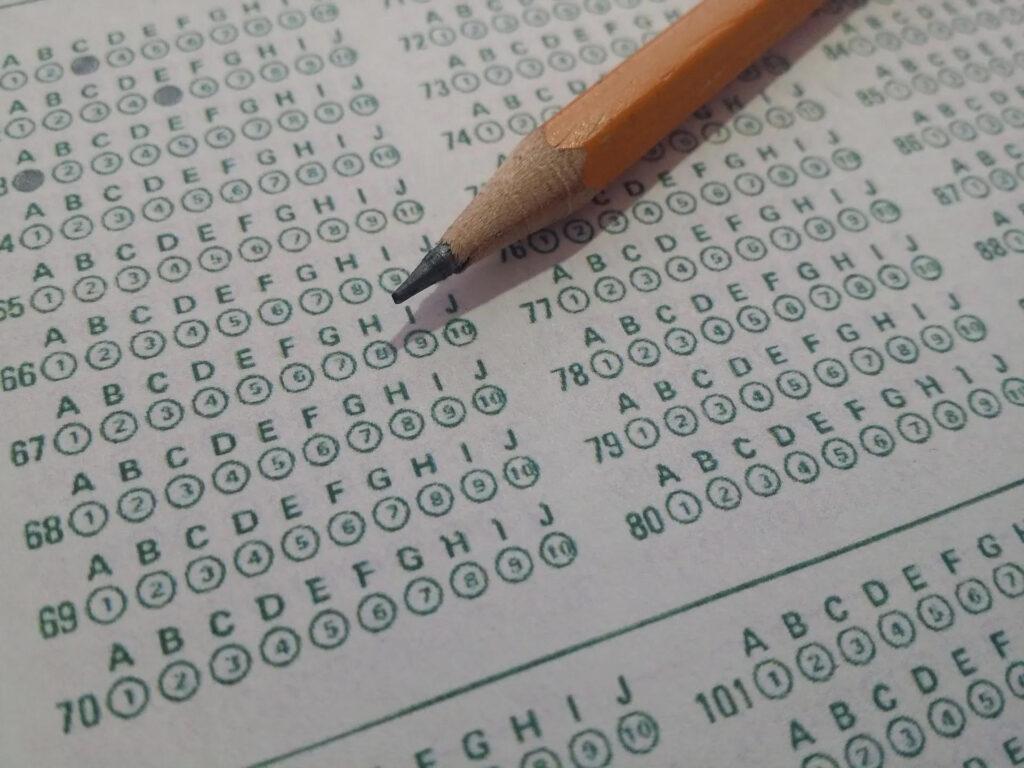
Starting on Monday, Townsend Harris High School students began to receive emails containing their social-emotional learning (SEL) assessment scores from late last year. The score sheet detailed the breakdown of scores from eight categories, then combined into a composite score. From that composite score, it listed those with a score of 60+ with a “strength” indicator showing “well-developed social-emotional skills,” those with a score of 41-59 listed as “typical”, and those below a 40 score indicating the “need for instruction.” In other words, a student in this area would be considered for more “additional support and instruction” with a plan developed “to support them, in partnership with you.” But behind all of this data comes its downfalls, mainly concerning its reliability and its effectiveness, especially with the vague label of the “need for instruction” when it comes to helping a student’s mental health.
On October 22, Assistant Principal of Guidance Veronica York emailed families of the administration’s plan to partake in the strengths-based SEL screener. Although this memorandum was communicated through the guidance department, teachers are ultimately responsible for administering it. Even though each individual school administers its respective SEL surveys, it is ultimately a DOE-based program that all schools are mandated to participate in with a price tag of $18 million to school assessment company Aperture Education. The screener, also known as the Devereux Student Strengths Assessment (DESSA), required teachers to answer a survey of 43 questions about a student’s “social-emotional functioning including decision making, relationship building, confidence, and others.” Many teachers were assigned approximately 31 to 35 students to evaluate their well-being. According to the memo, the screener was “completed by someone who knows the [student] well–in most cases a teacher.” THHS teachers began filling out students’ DESSA assessments around early November, with a scheduled deadline of early December.
However, the questions presented in the SEL survey are worded in ways that are difficult for faculty to gauge in students. One of the questions asks, “How often does the student seek the advice of a trusted adult?” A faculty member assessing a student will ultimately be unable to answer this question accurately. When would a third band teacher see this? And why would they know how frequent it happens? For other questions, the students may not be outward with their emotions, and it is difficult to offer in-depth and intimate evaluations for multiple students with varying extents of teacher-student interaction beyond the mere academic.
Since the identity of the evaluating teacher is only determined by their third band class, the teacher that is going to rate their mental health may have only known them for a few months, or might be someone the student does not have a good relationship with. Although the survey description implies that the student will be evaluated by a teacher they trust and have had interactions with in the past four weeks, there is no way to guarantee that. There is a possibility that a student will be graded by a teacher who had few meaningful interactions with them.
This PDF version of the DESSA assessment is not the same as what the DOE used, but a number of the questions in this document were used on the version given to THHS teachers, as we verified by showing multiple teachers. The nature of the questions seems geared mainly towards K-8 students, not high school students. Because the questions focus on the number of times a trait is seen by the teacher, it presumes widespread exposure to the student, something more likely with an elementary school teacher who spends all day with one class. Since the vast majority of high school students have multiple teachers as opposed to one or two main teachers in elementary school, a given teacher would usually spend less than an hour per day with a given student.
More information regarding the programs developed based on the results of the SEL screener will be announced at Wednesday’s PTA meeting. However, the information collected from the SEL screener should not be used because it’s flawed and based on incomplete assumptions about a student’s well-being. In essence, the data collected will be ultimately ineffective as teachers are not licensed professionals in the mental health forum.
In lieu of centralizing services into a one-size-fits-all method with little or no attention paid to the intricacies of a student’s mental health, adults in the school community, not just teachers, should come up with straightforward support that directly caters to a student’s specific needs. It’s important to address emotional needs for students, but there should be a plan that comes from Townsend Harris and responds to this community directly. Many students have expressed confusion and even sadness to see their results, particularly alongside others: right now the process is doing more harm than good.



























